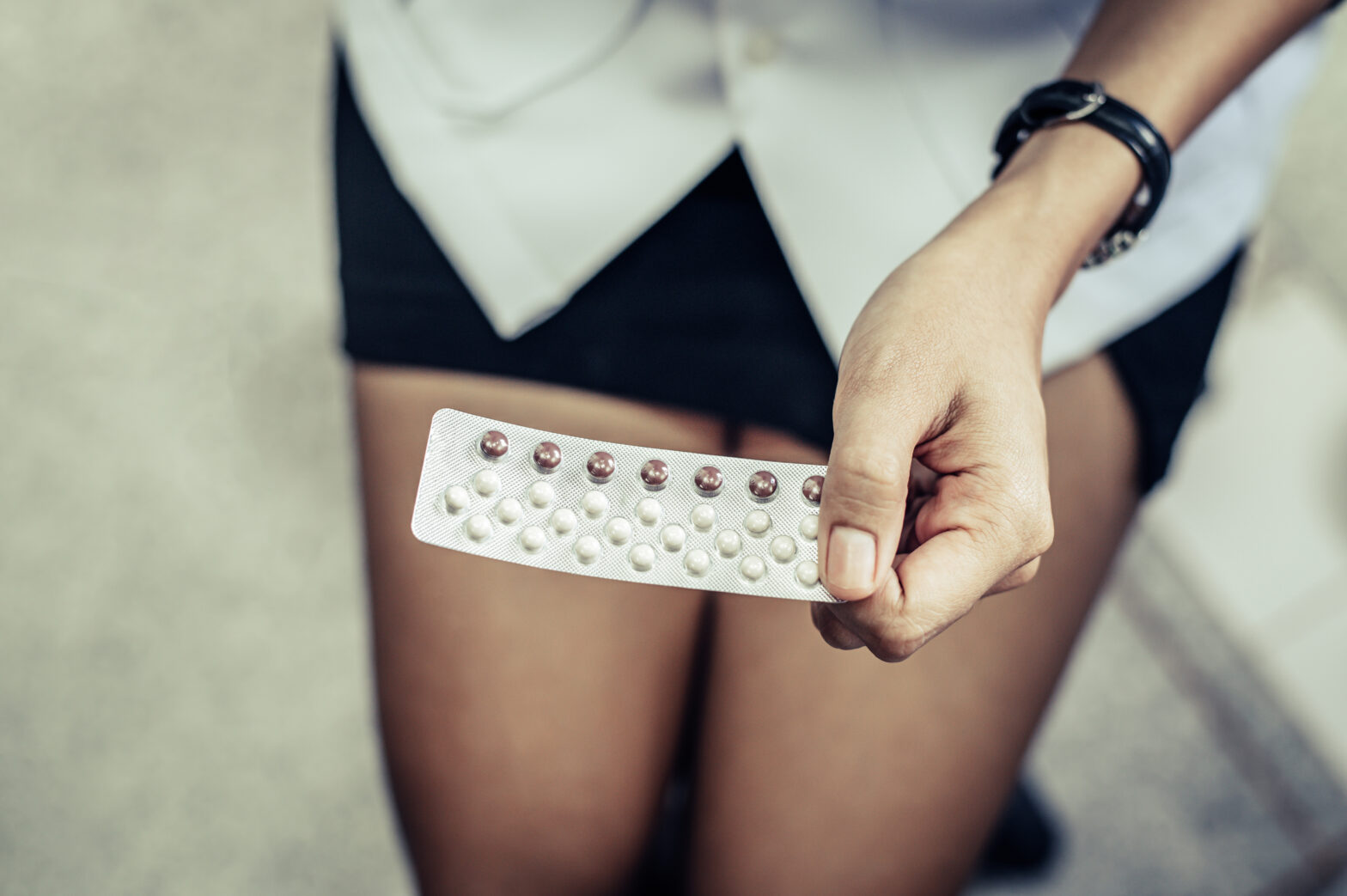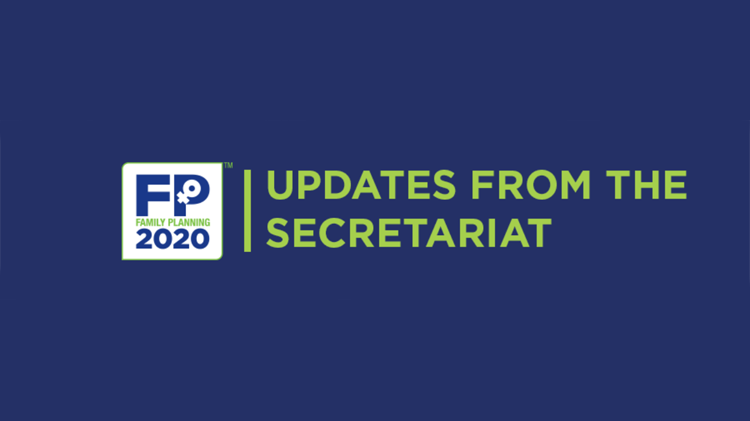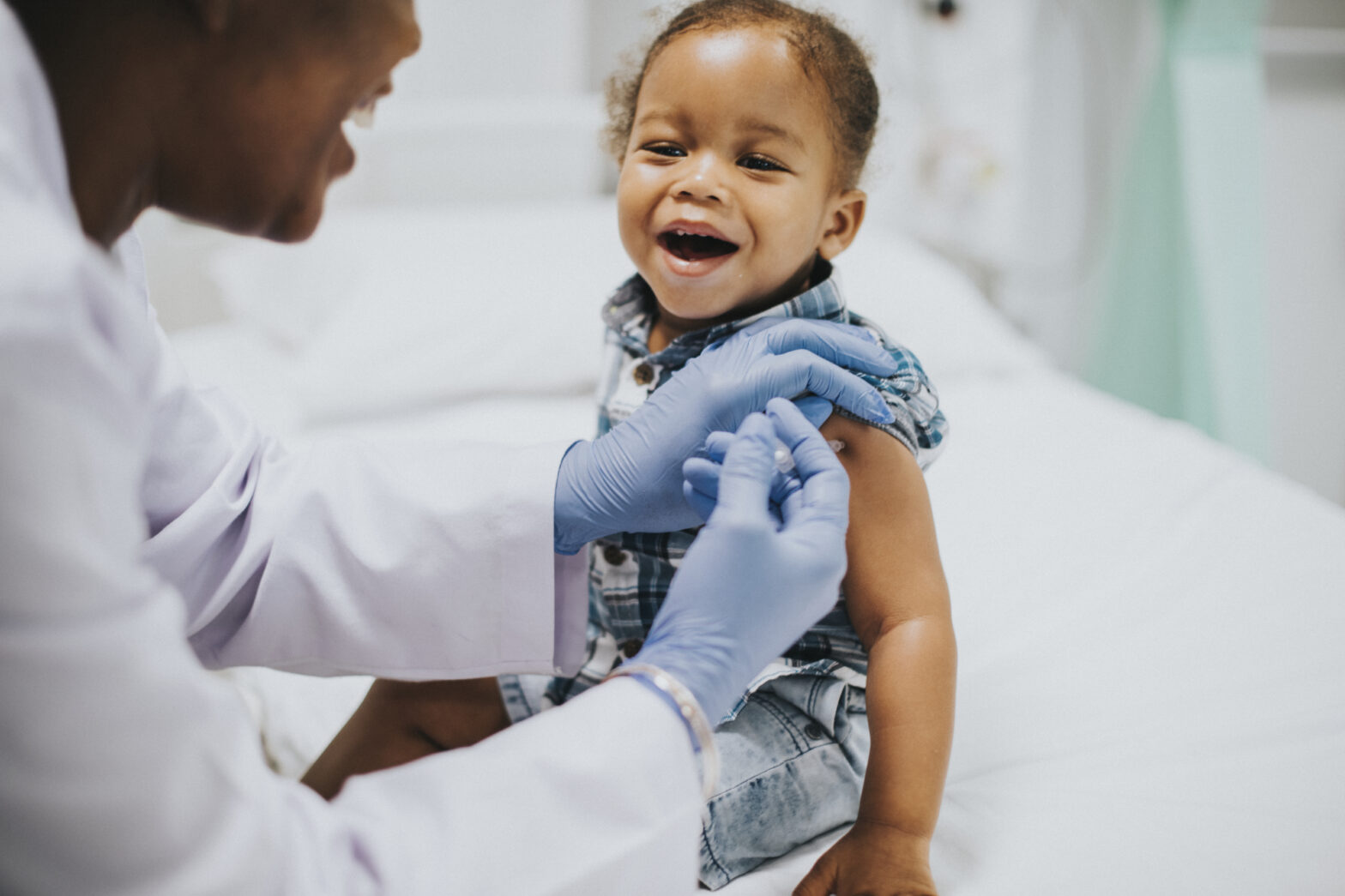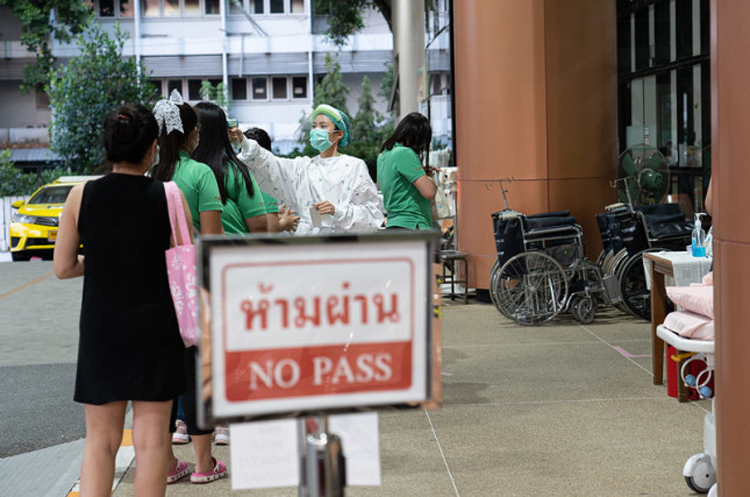Key Messages COVID-19 may fundamentally change women’s contraceptive use, thus altering the range of supplies that will be required in the near term. Policy makers will need to consider country realities and explore service delivery adaptations to meet these changing needs. Existing data can quantify potential shift in contraceptive use to help inform decisions. Donors,… Continue reading Doing Things Differently: What It Would Take to Ensure Continued Access to Contraception During COVID-19
Month: June 2020
Minister Gould announces support for sexual and reproductive health and rights
The Honourable Karina Gould, Minister of International Development, announces $93.7 million in funding toward ensuring that every pregnancy is wanted, every birth is safe and every girl and woman is treated with the dignity and respect she deserves. A portion of this funding is part of the commitment announced by Prime Minister Justin Trudeau in June 2019.
COVID-19 Updates & Resources from FP2020
To facilitate sharing of information and coordinated efforts, FP2020 has created a Task Team on measuring COVID-19 impacts on family planning. This week we’re launching a new webpage on COVID-19 impacts where FP2020 partners can share and aggregate resources.
The Sexual and Reproductive Health of Adolescents and Young Adults During the COVID-19 Pandemic
In this viewpoint, potential immediate and longer term impacts of the COVID-19 pandemic on the SRH needs and behaviors of AYA are reviewed.
Today is World Refugee Day
Today, as we shine a spotlight on the need to ensure that women and girls in refugee settings have access to family planning, we also remember our colleague Jennifer Schlecht. Jenn was an unyielding champion for the rights of women and girls in crisis situations around the globe. She devoted her career to ensuring that… Continue reading Today is World Refugee Day
The negative impact of COVID‐19 on contraception and sexual and reproductive health: Could immediate postpartum LARCs be the solution?
The COVID‐19 pandemic has taken much of the world by surprise. With over 4 700 000 infections to date across 188 countries and more than 310 000 deaths worldwide over the course of just 5 months, we were remarkably unprepared.
COVID-19 Updates & Resources from FP2020
Reflecting on our own work, we feel more strongly than ever that our partnership must be shaped by the partners themselves. To that end, in the next phase of the partnership, FP2020 will function through regional hubs, in order to ensure countries lead the way in setting and accomplishing their own goals. We will continue to keep you updated as this process moves forward.
Pandemic Preparedness: Strengthening Family Planning Policies Today to Secure Essential Services for Tomorrow
What does a favorable policy environment for FP/RH program look like? The policies need to be grounded in the premise that all citizens have a right to experience the highest attainable standard of health. They need to ensure that FP/RH policies translate into meaningful actions that support acceptable, accessible, available, and quality FP/RH services, and that the policies include benchmarks to ensure accountability. Such policies can be introduced and/or strengthened now to prepare for the future, to ensure FP/RH programs continue to serve clients during crises.
First-ever virtual training for healthcare professionals on providing life-saving services for women and girls during COVID-19 crisis
To ensure that women and girls continue to receive life-saving sexual and reproductive health services during the COVID-19 crisis, UNFPA Bangladesh is conducting its first-ever virtual training on the Minimum Initial Service Package (MISP) for health care professionals.
We stand in solidarity
A statement from the staff of the Family Planning 2020 Secretariat
At the FP2020 Secretariat, we work with partners around the world to advance human rights for everyone and build a world where women and girls are free to make decisions about their bodies, their reproductive health, and their futures.
Every individual has the right to bodily autonomy, safety, and dignity, regardless of age, gender, race, or ethnicity. The recent murders of George Floyd, Breonna Taylor, Ahmaud Arbery, and so many others — against the backdrop of racial disparity in the impact of the COVID-19 pandemic — shines a bright light on the structural and systemic racism that plagues our society. The Secretariat stands with our U.S.-based and global partners in acknowledging the anger and anguish of the Black community.









